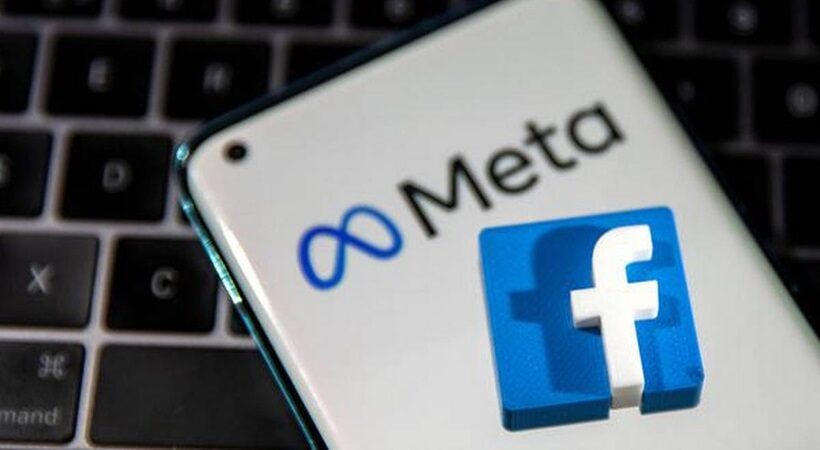Facebook and Instagram, collectively referred to as Meta, are exploring plans to create NFTs, reported The Financial Times. If you listen closely, you can hear the whole metaverse groaning.
This would be the biggest show of mainstream support for NFTs to date, and it would also cement the controversial assets’ place in the digital world.
According to the Financial Times, the plans are “in an early stage and could change.” The publication says Facebook and Instagram are “readying”, a feature where users can use NFTs as their profile pictures. Both companies are developing a prototype in which users can mint new NFTs as well.
Several Meta employees are reportedly discussing launching a marketplace where users can buy and sell NFTs. Meta’s leaders have shown an interest in NFTs before, but we can’t be sure how far these plans have progressed.
As of December, Instagram CEO Adam Mosseri said that the company is exploring NFTs and making them more accessible to a wider audience. In October, Meta CEO Mark discussed how the metaverse will need to support “ownership of digital goods.”
Instagram hosted its first annual “Creator Week” in May, which featured non-fungible tokens and NFT artists. Last June, Alessandro Paluzzi shared screenshots of Instagram’s alleged plans to incorporate NFTs.
In addition, Paluzzi shared an alleged NFT feature that implies Instagram may be building an NFT marketplace. In addition to Instagram reportedly dabbling in NFTs, Meta has quietly rolled out its crypto wallet Novi to select users. According to one of the unnamed sources cited in the FT report, the Novi wallet could include NFT integration.
As blockchain-based tokens continue to gain support, more established web platforms are also getting involved. Twitter is developing ways to showcase these items, while Reddit introduced NFT avatars for its users.
Despite being criticized for their speculative value (prices rise and fall fast) and lack of security, NFTs will become more important if existing technology giants choose to support them.
At its core, a digital NFT is a way to claim ownership of digital items such as JPGs or GIFs via a unique address on the blockchain. And, despite claims that these assets reflect a decentralized form of ownership, their legitimacy is based upon recognition from existing online platforms.
Meta may also wield greater influence in what the company has coined the metaverse — a concept of interconnected virtual worlds akin to those envisioned for the VR universe in the early 1990s. NFTs would be able to gain in value and importance while gaining control over assets as a result.



















